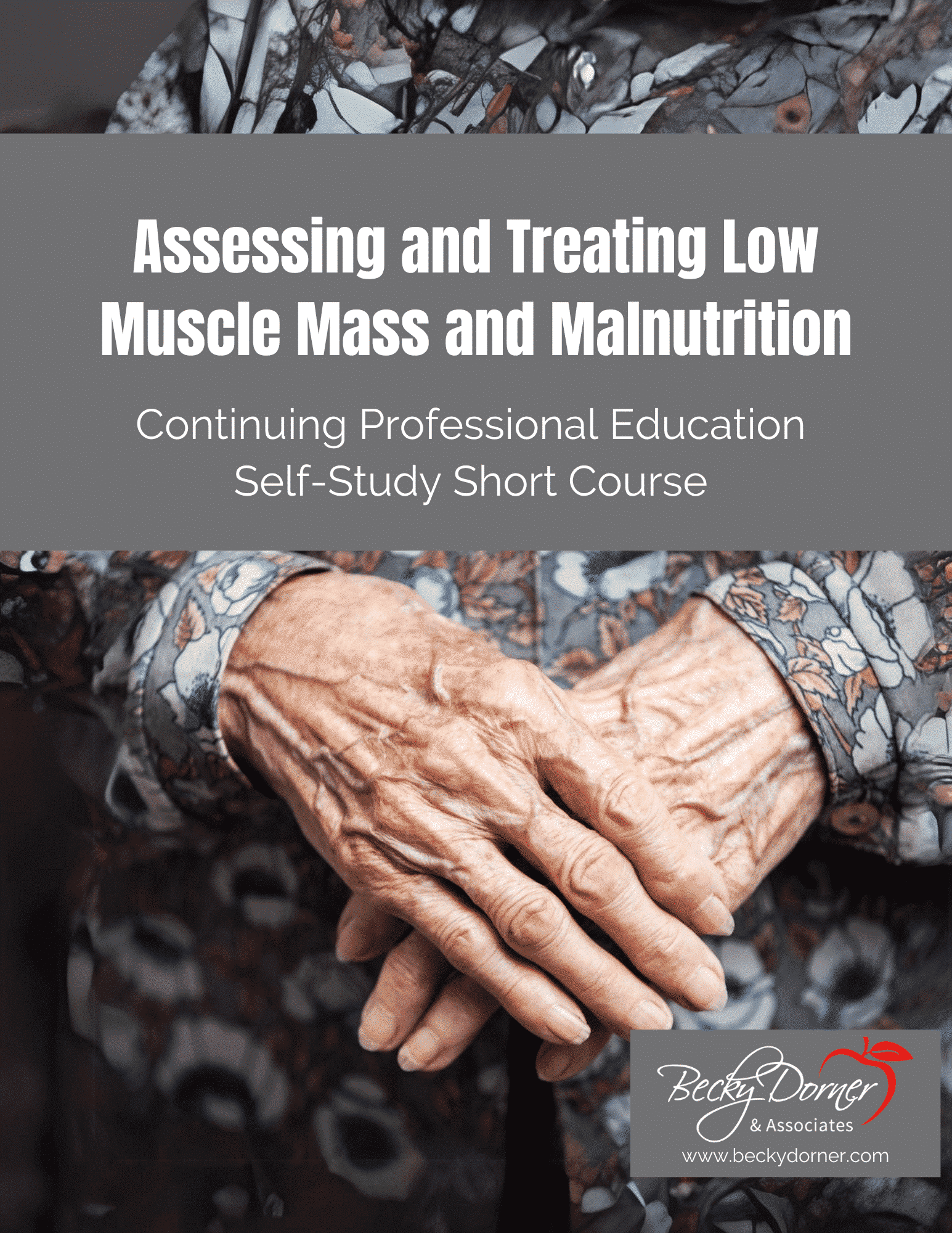Learn more about time-restricted eating (TRE) and dietary quality with this case-study based CPE program.
This course requires reading of an article which offers the dietetic practitioner an overview of research to date on time-restricted eating (TRE), the differences between TRE and energy-restricted diets or intermittent fasting approaches, and the potential benefits and opportunities for studying TRE, energy intake and dietary quality.
A case-study based CPE examination helps the reader apply information in the course to their work setting and patient population. This course is appropriate for registered dietitian nutritionists, dietetic students, and educators.
Purchasing Options: This is available as eDocument + CPE Test only. Includes a link to the required reading in the course document, electronic test, and 1 certificate with passing grade.










Reviews
There are no reviews yet.